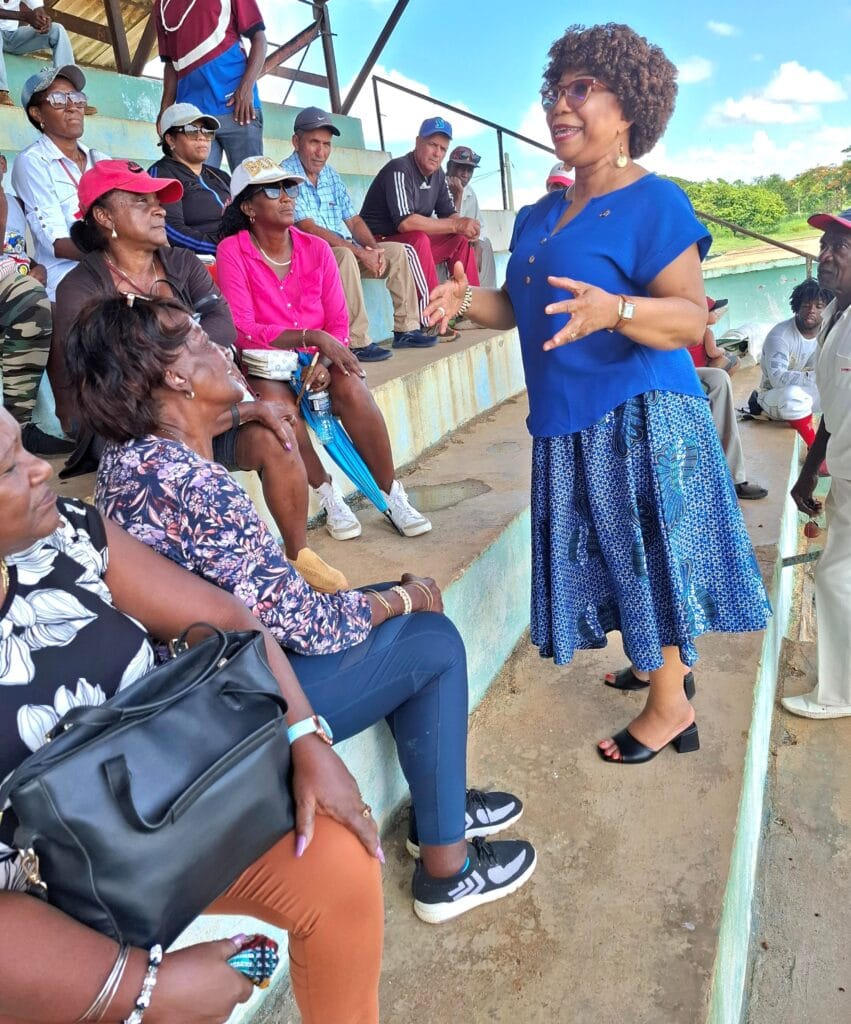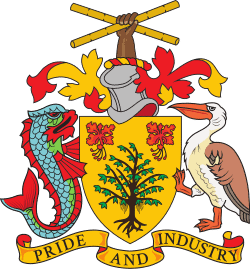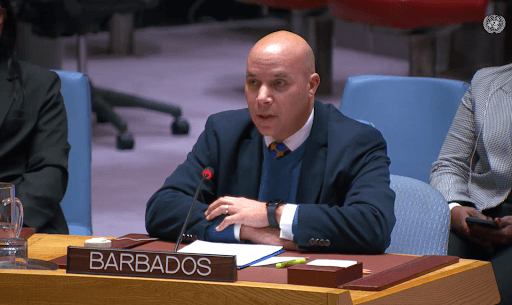Barbados’ Ambassador to Cuba, Dr. Sharon Marshall, flanked by Barbadian descendants Hiram Went and Carlotta Griffith Blackman. (GP)
Barbados’ Ambassador to Cuba, Dr. Sharon Marshall, was the guest of honour at the 108th edition of the First of August (Emancipation Day) celebrations by the West Indian descendant community in the municipality of Baraguá.
Dr. Marshall and her husband, Pedro Hope Jústiz, were received by provincial and municipal government representatives, as well as the President of the Caribbean Association of Baraguá, Enrique Parris Jordan, a Barbadian descendant.
Historically, British West Indian immigrants began arriving in Baraguá, in the province of Ciego de Ávila, around 1915 to work in the sugar industry. They assisted with the construction of the factory, which processed its first harvest in 1917.
The First of August celebration is said to have been the brainchild of Lay Leader Percival Sears of the Episcopal Church.
This year, the annual commemoration of Emancipation Day took place over two days, with celebrations beginning on July 31, which included an exhibition cricket match and a colloquium on the History and Traditions of Baraguá. The second day, August 1, offered traditional children’s games, such as tug-of-war and sack races, but the highlight was a conga parade through the neighbourhood featuring some elements of the Bajan tuk band.

Ambassador Marshall addresses group at stadium who gathered for the 108th edition of the First of August (Emancipation Day) celebrations. (GP)
There was a street fair on both days with carnival rides for the children and stage performances showcasing folk songs and dances, including plaiting the Maypole. The visitors were served Barbadian delicacies, such as souse, black cake, and sorrel.
When Ambassador Marshall was invited to address participants in the various cultural activities, she told them that while she had an ambassadorial mandate of “engagement with Cubans of Barbadian descent”, Baraguá held special significance for her because it was the first research site for her doctoral thesis in History at the University of the West Indies, which was titled “From Bridgetown to Baraguá: Barbadian Migration to Cuba, 1900-1935”.
Hundreds of Barbadian descendants across Cuba strive to keep Bajan traditions alive, maintaining the cultural practices brought over by their ancestors more than a century ago.
Author: Government of Barbados





